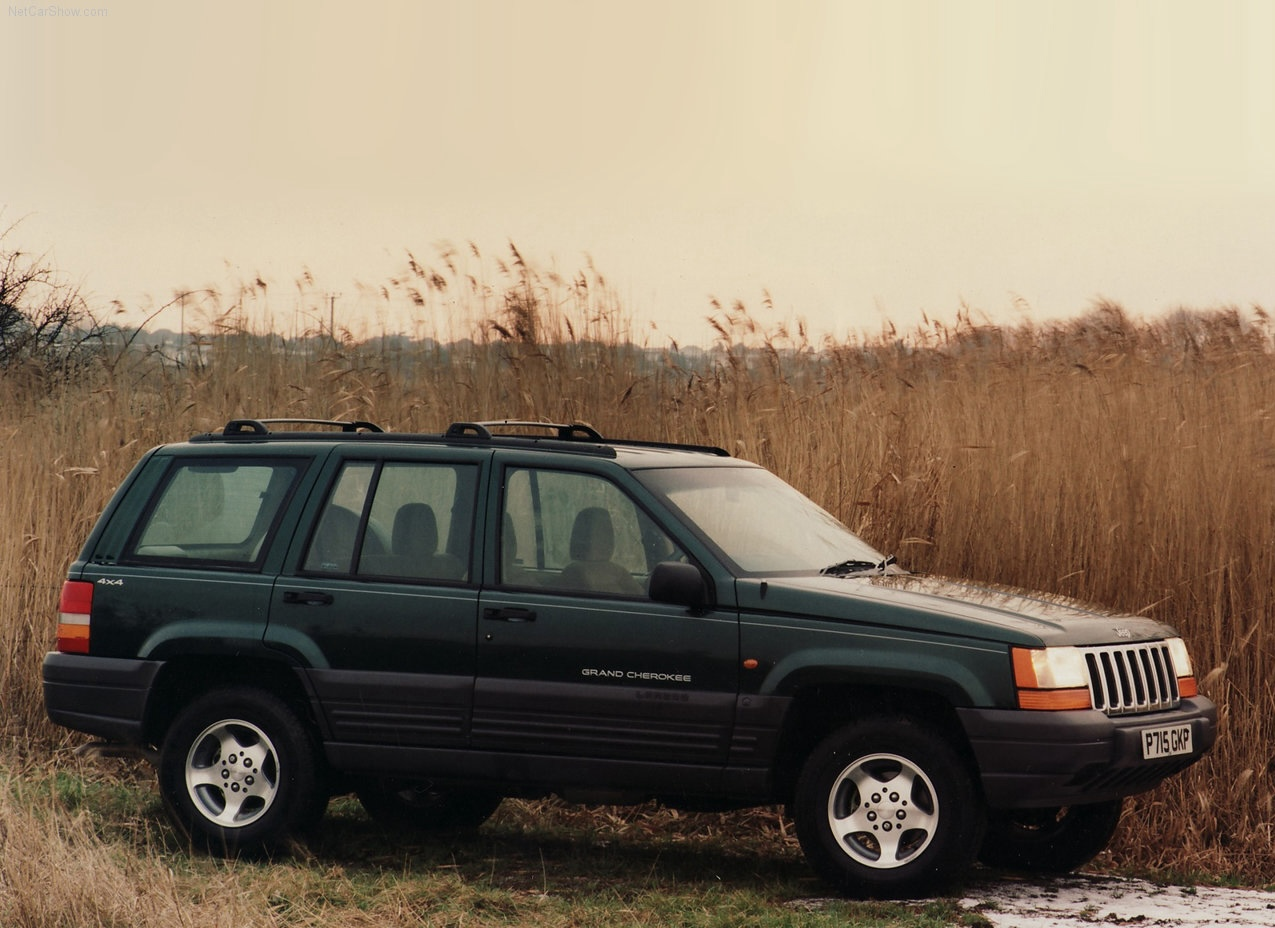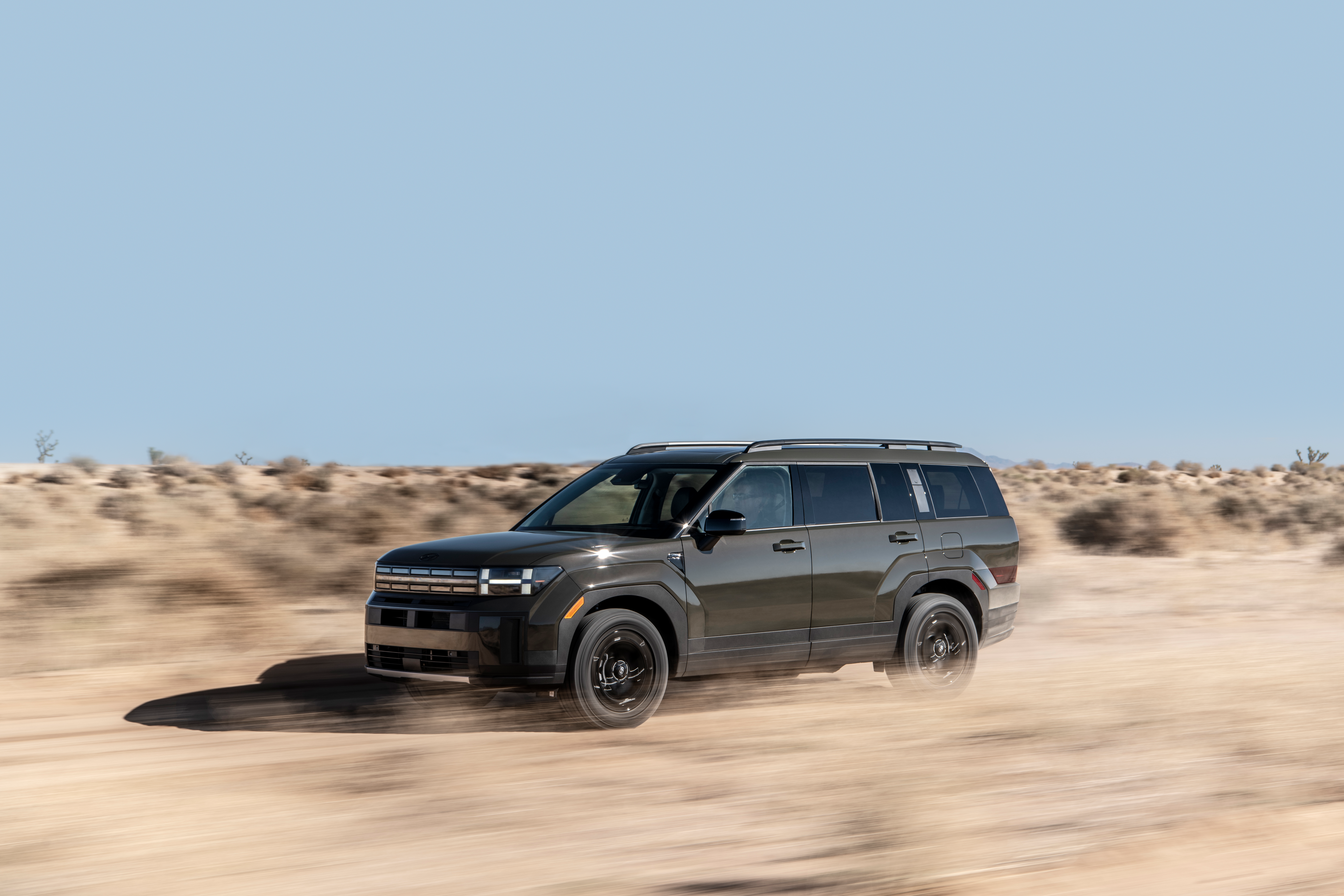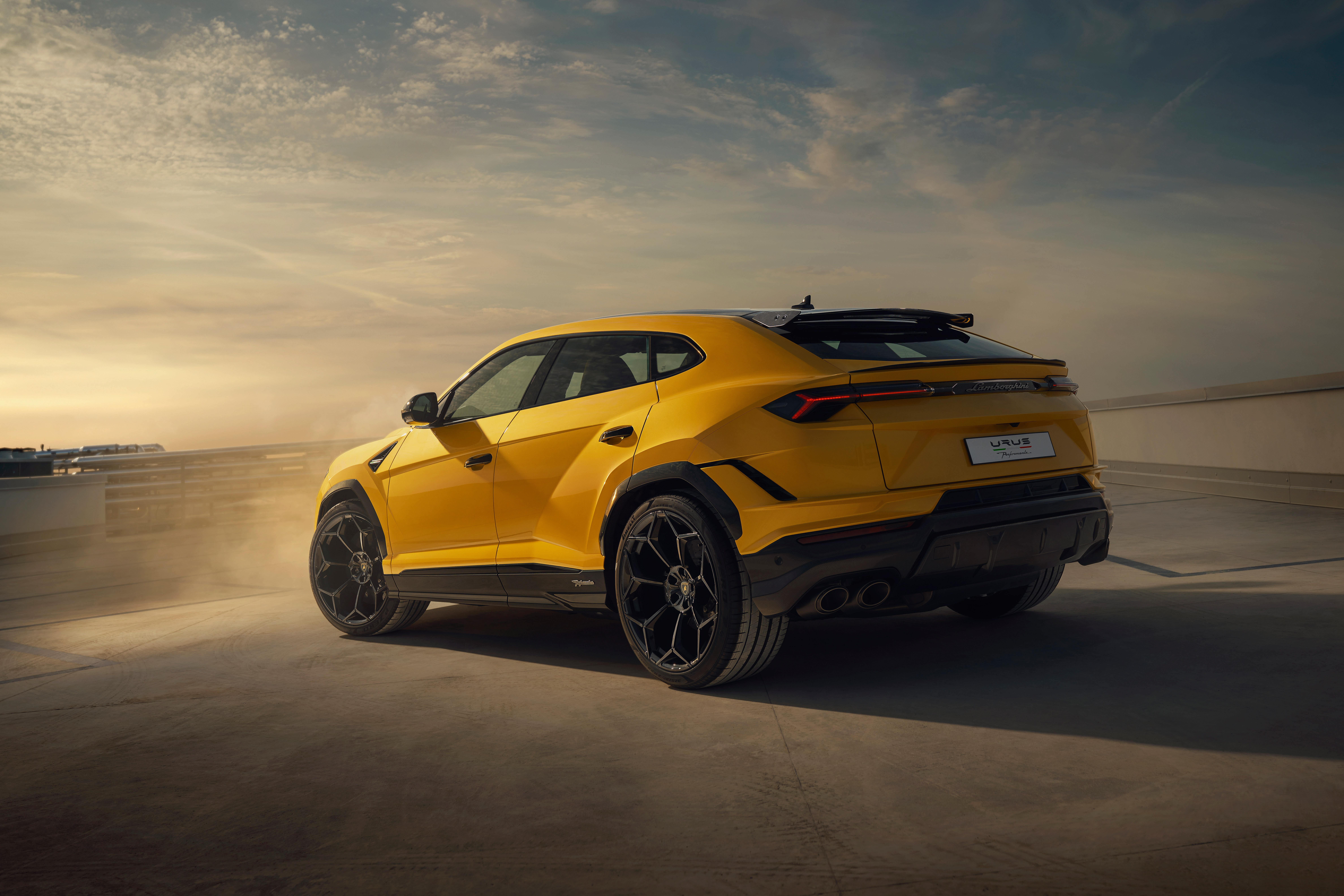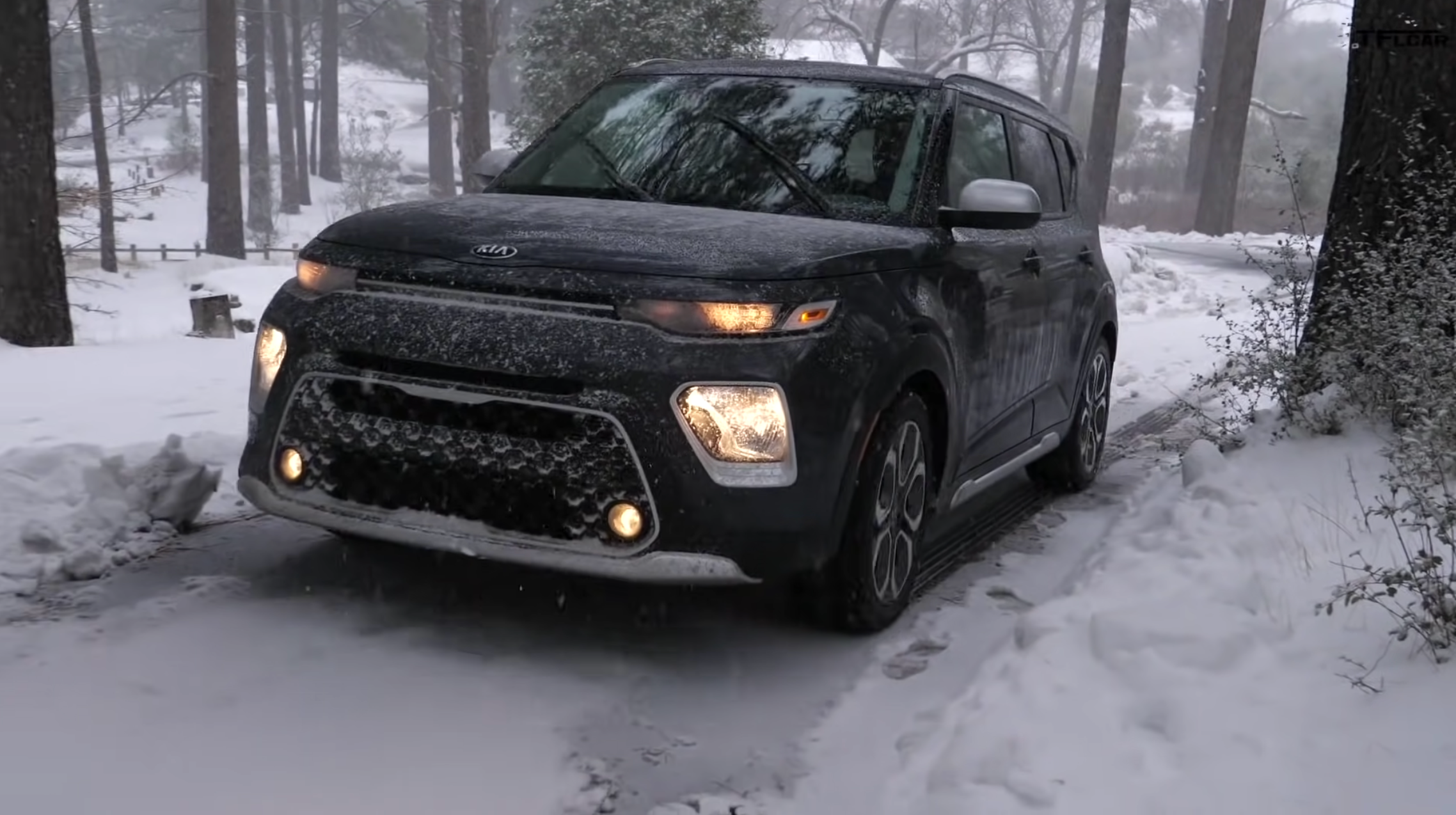Just What The Hell Counts As An SUV Anymore?
We investigate what makes an SUV an SUV in the age of EVs and modular platforms
SUV used to be a term reserved for body-on-frame, truck-based vehicles, until the crossover came along and turned everything on its head. Now some automakers claim that their subcompact front-wheel-drive hatchbacks are SUVs or crossovers, and we have unibody trucks like the Ford Maverick and Honda Ridgeline that further muddy things up. So, what really makes an SUV an SUV anymore? As these terms grow more and more diluted, it seems the best explanation is that classifying a vehicle is all about the vibe. The actual physical and mechanical differences between a car that's classified as an SUV, hatchback, or crossover has become moot.
The three-row Mercedes-Benz GLS is based on a unibody platform, but we agree it is a legitimate SUV because it is big and boxy and offers impressive off-road chops. The GLS was engineered to dominate on- and off-road, with dedicated features like available E-Active Body Control to free the GLS from deep sand or mud. The Kia Soul, which is also a boxy unibody vehicle, is not an SUV and hardly even registers as a crossover since it doesn't even offer all-wheel drive or any semblance of off-road ability, but Kia categorizes it as one. Chevrolet now lists the Bolt under the SUV section of its website, which is laughable considering it was initially introduced as a hatchback and there have been no mechanical or design changes to increase its off-road abilities and justify its SUV classification.

The SUV craze hit in the 1990s when the Ford Explorer and Jeep Grand Cherokee started stealing sales from family cars. Consumers love the feeling of an elevated driving position, increased ground clearance, and the security of AWD. Those vehicles were still truck-based and featured body-on-frame construction, making them clearly SUVs. The introduction of car-based crossovers like the Lexus RX and Toyota RAV4 swayed more buyers into the first lifted AWD wagons by making them easier and more comfortable to drive than traditional SUVs, which displayed sloppy handling and high centers of gravity, as well as offering better fuel economy. Then the floodgates opened.
Being categorized as an SUV used to mean something, but now it seems to describe a car that embodies the character or vibe of those foregone rough-and-tumbled, hairy chested, solid-axle heavyweights.

The new Hyundai Santa Fe is a great example. It used to sit solidly in the crossover category, but the newest generation's styling is more rugged and upright, making it lean more towards an SUV vibe regardless of its off-road abilities or lack thereof. Its considerable size and overall go-anywhere vibe portrayed by the roof racks, body cladding, and blocky, upright styling all contribute to the new Santa Fe's SUV-ness.
As the transition to electrification continues, the lines get even more blurred. There are no EVs that currently offer a body-on-frame construction, yet most are considered SUVs. I just drove Chevrolet's Blazer EV, which felt more like a wagon than an SUV, and the AWD system is not meant to handle extended off-road driving. Yet it's considered an SUV. The Hyundai Ioniq 5 is more of a hatchback but is also considered an SUV, and the same goes for the Tesla Model Y, Mustang Mach E, and Nissan Ariya.

EPA classifications further confuse things. Take, for example, how the Lamborghini Urus Performante is classified as a small station wagon, putting it in the same category as the Honda HR-V and Kia Soul. The Hyundai Kona is listed as a small SUV, while the Mercedes-Benz EQS SUV is categorized as a standard SUV.
The definition of what makes an SUV and a crossover is changing, and as it shifts it begins to lose meaning – when everything is an SUV, nothing is an SUV. Model classification means less now than ever, aside from making a vehicle more appealing to buyers who crave an elevated driving position and who want to feel invincible.
